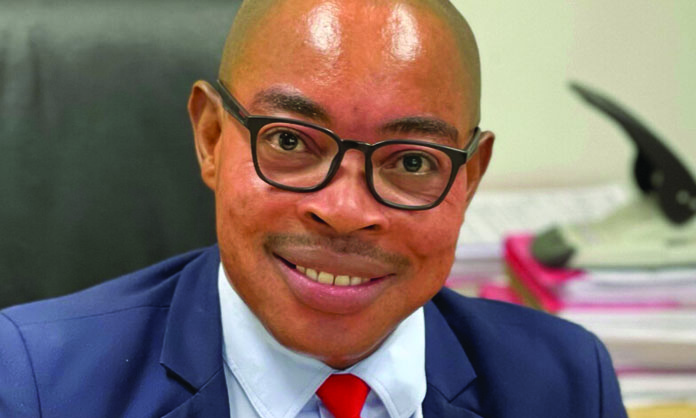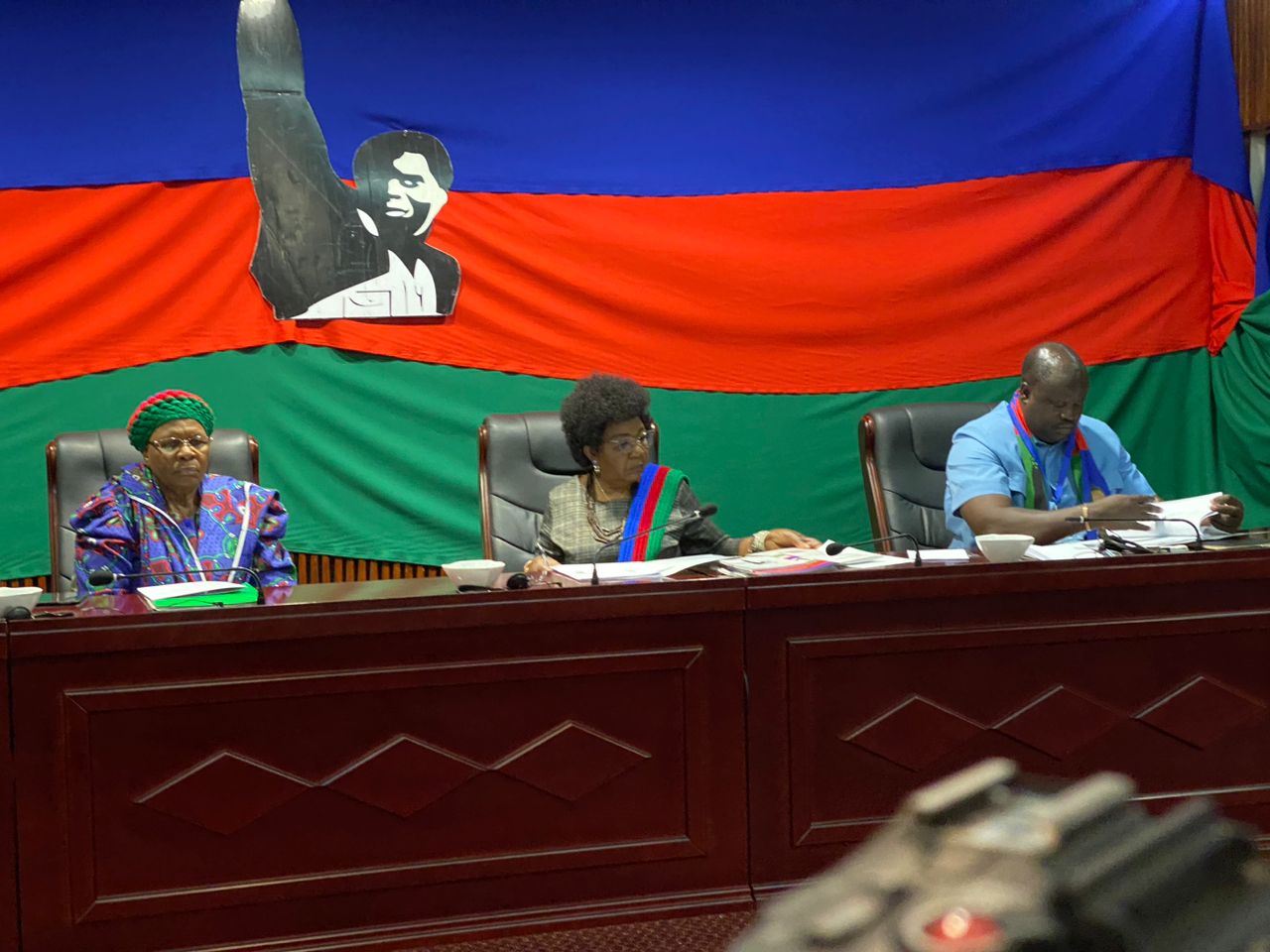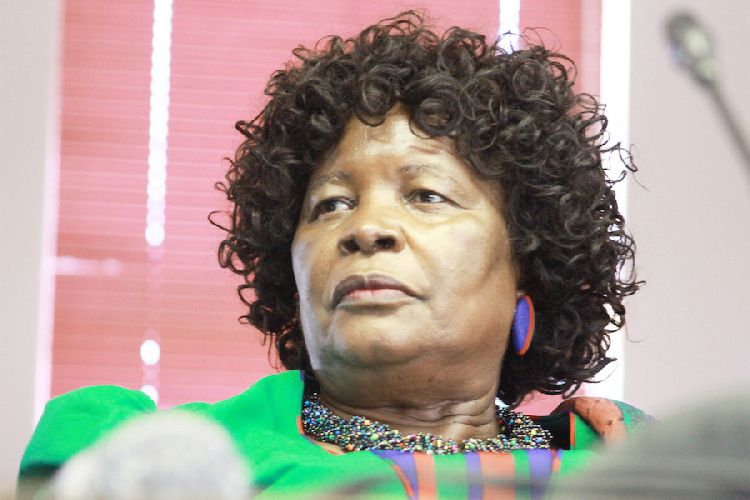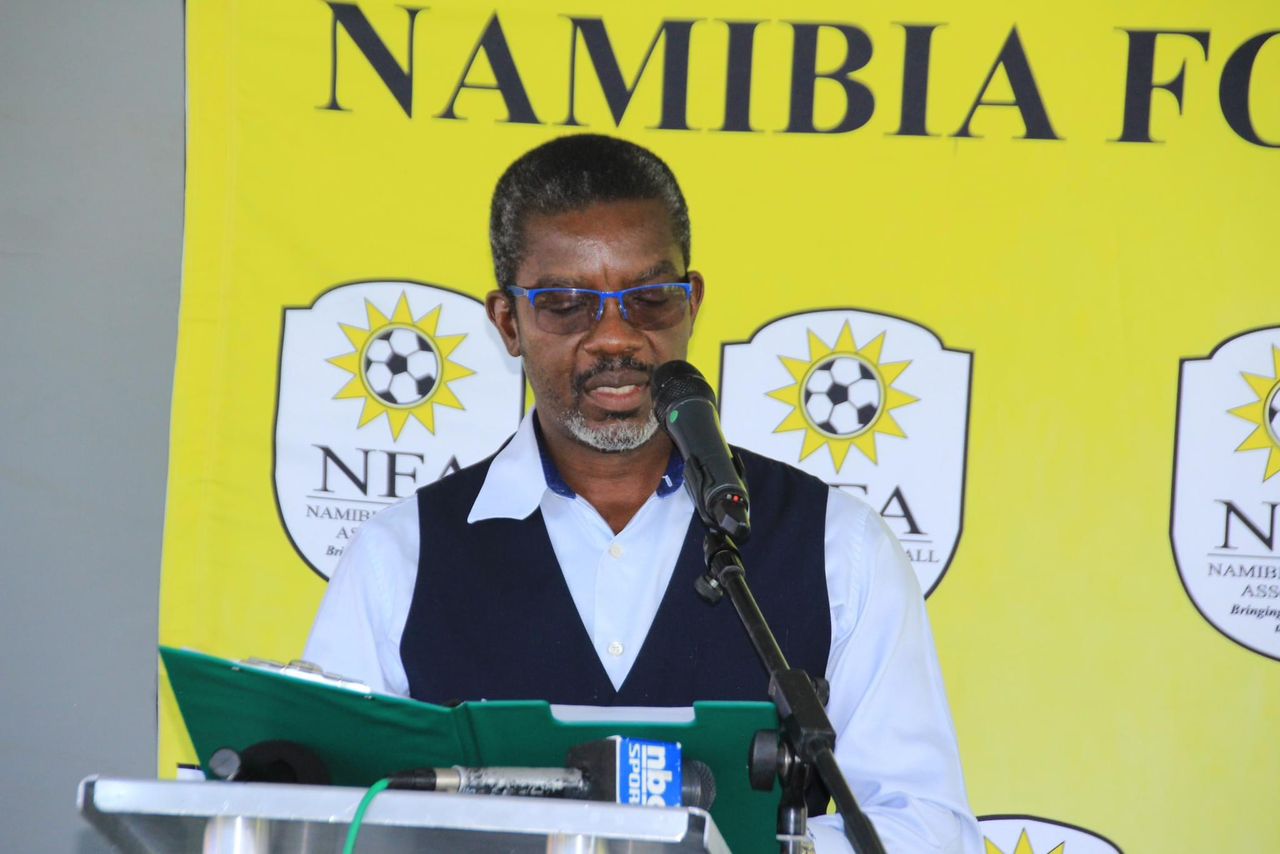There are A number of important business and economic issues the next president should address as we anticipate the upcoming presidential and National Assembly elections.
As an independent researcher in economic and business matters, I advise the incoming president to prioritise trade and industrial policies to attract investors to Namibia.
This would involve spending more on infrastructure and research and development.
Full employment is a prerequisite for a healthy economy.
The creation of jobs, workforce development, and equal opportunities should be the main goals of the economic agenda.
The next president would need to manage inflation and unemployment, stabilise prices, raise people’s standards of living, and balance monetary and fiscal policies to achieve these objectives.
Additionally, to optimise gross domestic product (GDP) growth potential, she/he must promote economic growth by investing in infrastructure, supporting small businesses, and encouraging innovation.
It is imperative to increase the availability of affordable housing in order to invest in it.
Furthermore, reform measures to reduce red tape and facilitate doing business in the country should be fully and quickly implemented.
Encouraging corporate investment and promoting economic growth could be greatly aided by tax reforms.
The Presidential Economic Advisory Council should place a high premium on economic innovations and strategies that support growth and job creation.
The president should prioritise vocational training, lifelong learning, and educational reforms to improve the workforce.
The president should enforce anti-corruption measures and strengthen institutions.
The deficiencies in our education system should also be addressed by the next president.
If the schools in a particular region are failing, the president must hold the governors responsible.
The country’s healthcare system is currently fragmented, unsustainable and unacceptable.
The construction of a hospital at Havana informal settlement should be given priority.
To preserve lives, a large percentage of income from finite resources should go to the healthcare system.
Furthermore, the next president should direct the Social Security Commission to create a portfolio that takes into consideration the full retirement age, the highest benefit a woman can get while on maternity leave, and the amount of money men should get while a woman is on maternity leave.
Ultimately, I believe the next president will probably boost funding for the agriculture industry.
To change the legacy of inequality, the incoming president must work to dismantle the 1896 veterinary cordon fence (redline).
Furthermore, the mining industry is vital to the economy, so the next president would have to reform some of the policies that have led to its decline.
The president will advise investors that all raw materials must be processed locally and that none will be exported.
Additionally, since local content is essential to the sustainable development of oil, gas and green hydrogen, the incoming president ought to take this into consideration.
The incoming president should get Namibia ready to join the Organisation of the Petroleum Exporting Countries so that it can obtain resources, technology, and knowledge pertaining to the energy industry.
The HyRail project is poised to become Africa’s first hydrogen-powered train.
This is an exciting development that shows Namibia’s commitment to sustainable transportation.
The next president should make sure this project is carried out.
- Josef Kefas Sheehama has over 22 years of experience in banking. He holds Bcom Banking, B Com Law, LLB, an MBA, a postgraduate Islamic finance and banking degree, CAIB (SA), AIB (SA), CHBP (SA) and PhD (graduation reserve). He has authored more than 200 business and economics articles and has served on the green hydrogen panel at North-West University.
Stay informed with The Namibian – your source for credible journalism. Get in-depth reporting and opinions for
only N$85 a month. Invest in journalism, invest in democracy –
Subscribe Now!






